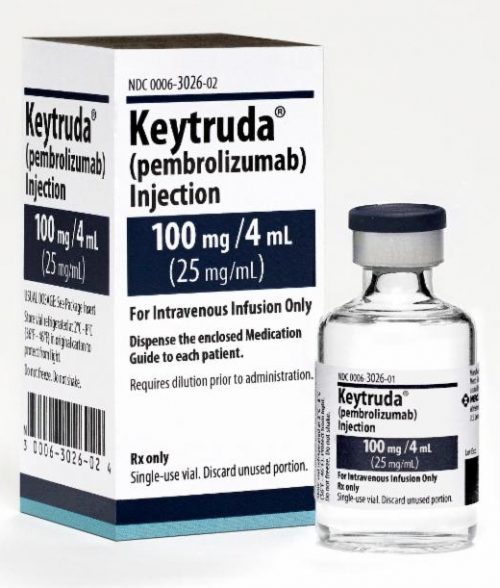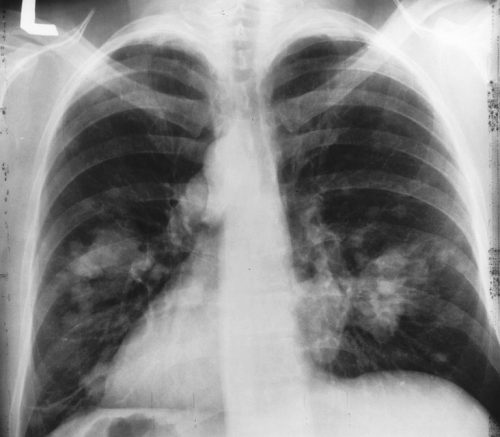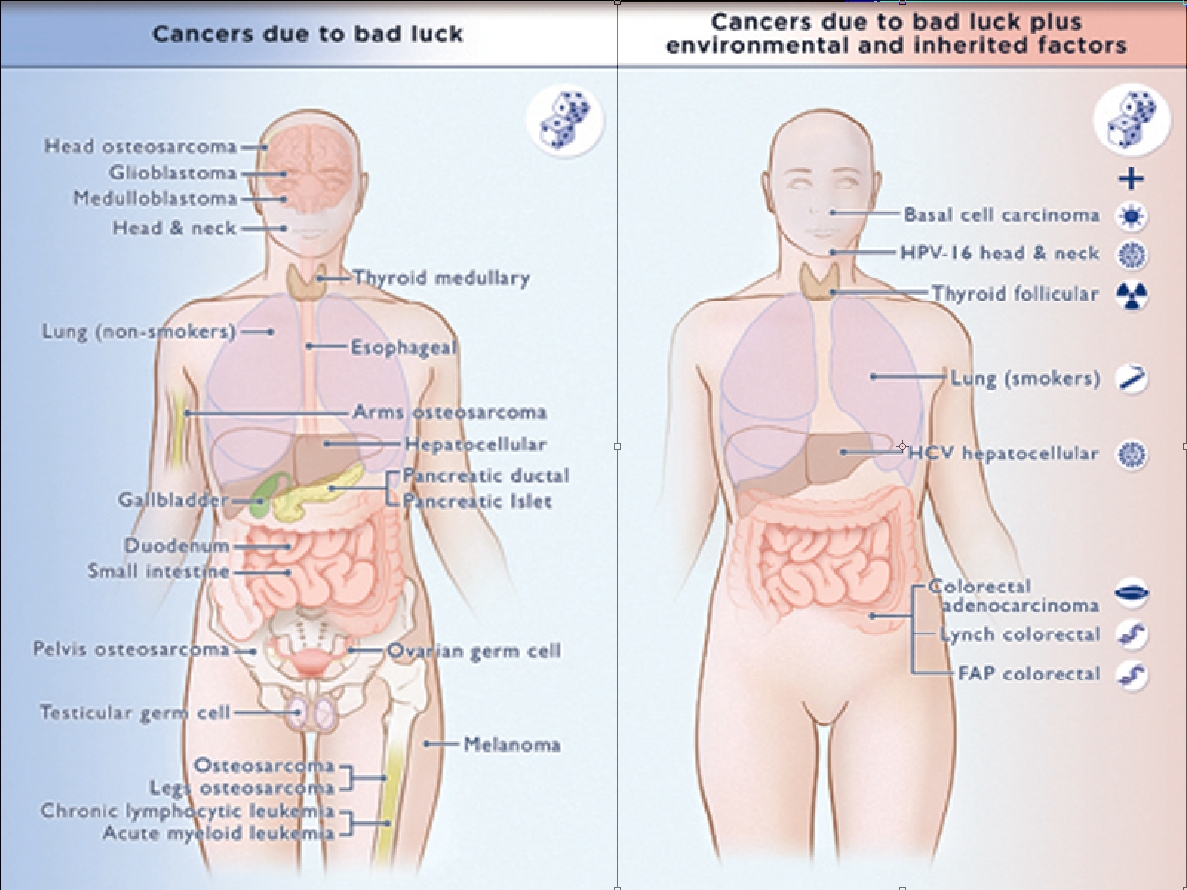TAMPA, Fla.– Researchers at Moffitt Cancer Center in Tampa, Fla., have discovered that the immune response regulator IKBKE (serine/threonine kinase) plays two roles in tobacco-related non-small cell lung cancers.
Tobacco carcinogens induce IKBKE and, in turn, IKBKE induces chemotherapy resistance.
The study was published in a recent issue of Oncogene.
“IKBKE is a newly identified oconogene, a gene linked to cancer,” said study lead author Jin Q. Cheng, Ph.D., M.D., who studies genetic alterations and their molecular mechanisms in cancer. “In our study, we demonstrated that IKBKE is a STAT 3 target gene and is induced by tobacco. STAT3 is a signaling and transcription gene that is activated in various types of cancer and is required for cell transformation.”
As a “transcription factor” STAT3 plays a key role in many cellular processes, such as cell growth and programmed cell death, or “apoptosis.”
“It has been well documented that STAT3 is activated by growth factors and environmental carcinogenesis, such as nicotine,” said Cheng. “STAT3 directly binds to the IKBKE promoter and induces IKBKE transcription.”
Tobacco smoke is the strongest documented tumor initiator and promoter in lung cancer. The underlying molecular mechanism is still largely unknown.
“IKBKE is induced by tobacco carcinogens and mediates tobacco action in promoting lung cancer cell survival,” said Cheng. “Armed with this knowledge, interventions targeting the IKBKE pathway could be developed.”
Cheng and his colleagues found that when STAT3 induces IKBKE expression, IKBKE’s expression induces chemotherapy resistance. Conversely, “knocking down” IKBKE sensitizes cells to chemotherapy, suggesting that there is a therapeutic role for targeting IKBKE.
While IKBKE has been found to be “over expressed” in ovarian, breast and prostate cancers, in this study IKBKE has for the first time been associated with non-small cell lung cancer in patients with a history of tobacco use, and particularly by tobacco’s nicotine component. The researchers stated that upon exposure to nicotine, cells express high levels of IKBKE protein. In their study co-expression of STAT3 and IKBKE was “observed in primary non-small cell lung cancer.”
“Current treatments for non-small cell lung cancer include surgery, radiotherapy and chemotherapy,” explained Cheng. “Advanced patients generally develop chemotherapy and radiotherapy resistance, so there is a great need to understand the molecular mechanism of therapy resistance in order to find ‘targets’ to overcome resistance.”
The discovery that STAT3 appears to regulate IKBKE in response to nicotine induced by tobacco carcinogen may also help develop a strategy for an intervention in non-small cell lung cancer by targeting IKBKE.
About Moffitt Cancer Center
Follow Moffitt on Facebook:www.facebook.com/MoffittCancerCenter
Follow Moffitt on Twitter: @MoffittNews
Follow Moffitt on YouTube: MoffittNews
Located in Tampa, Moffitt Cancer Center is the only Florida-based National Cancer Institute Comprehensive Cancer Center, a designation that recognizes Moffitt’s excellence in research and contributions to clinical trials, prevention and cancer control. Moffitt has 14 affiliates in Florida, one in Georgia, one in Pennsylvania and two in Puerto Rico. Moffitt is also a member of the National Comprehensive Cancer Network, a prestigious alliance of the country’s leading cancer centers, and is listed in U.S. News & World Report as one of “America’s Best Hospitals” for cancer.
Media release by Florida Science Communications






